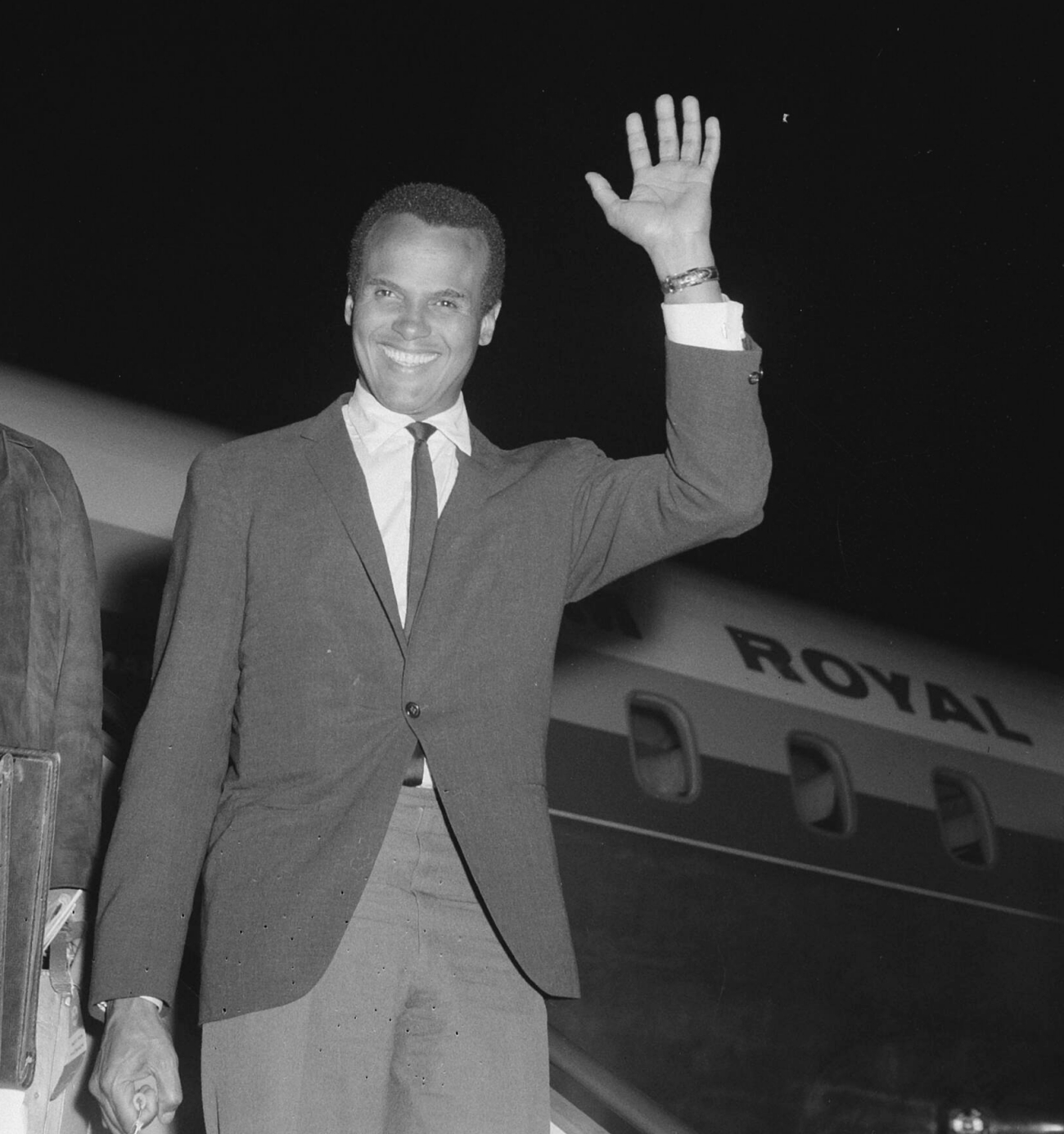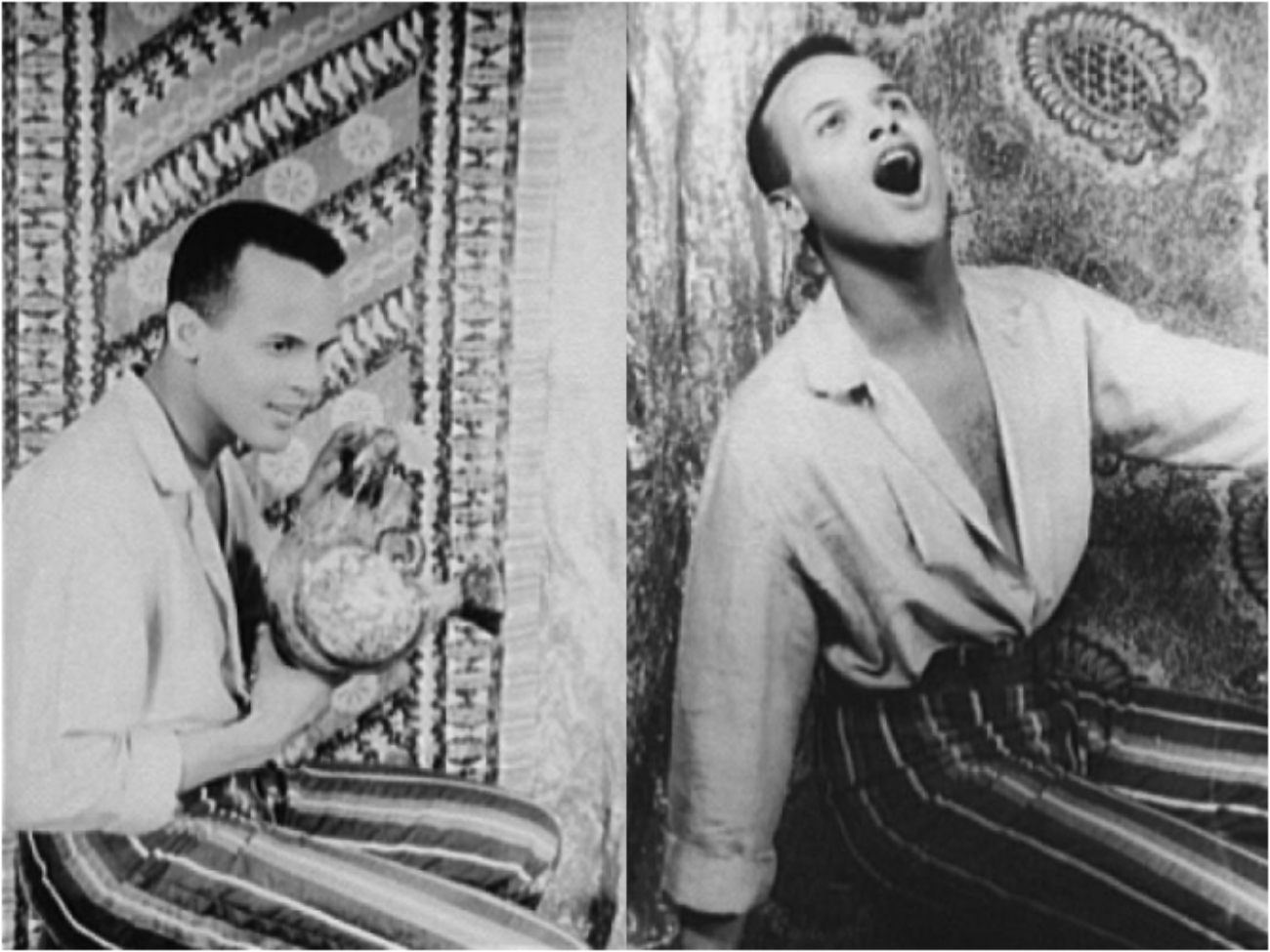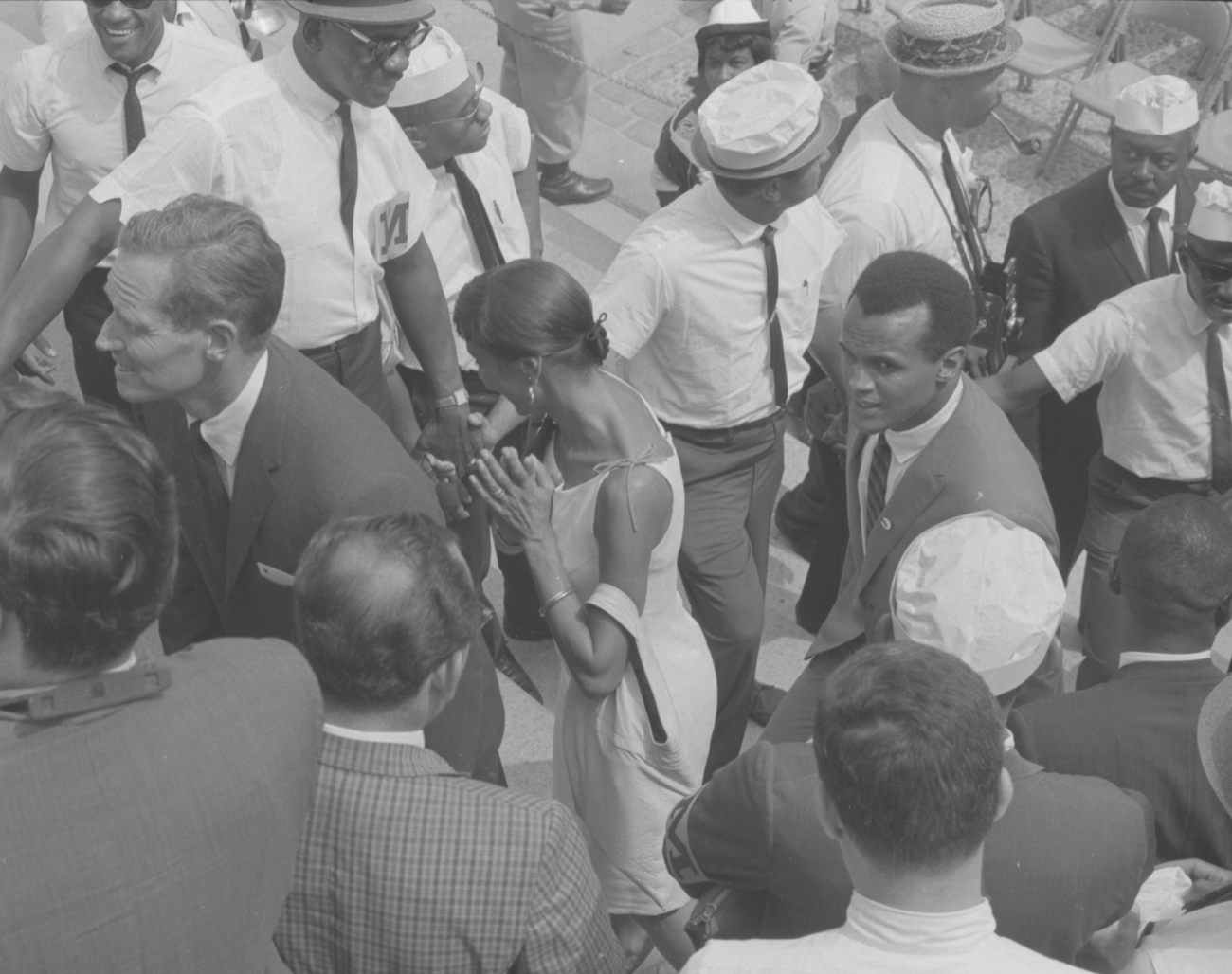The World Will Miss Harry Belafonte
His songs were unforgettable and his legacy endures.
Harry Belafonte died Tuesday, April 25th, 2023. His representative said the cause of death was congestive heart failure. He was 96 when he passed away at his New York home, and is survived by his wife, his 4 children, 2 stepchildren, and 8 grandchildren. His long life was filled with trials and triumphs as he worked in stage, film, music, and to further social issues he felt strongly about. He was one of those entertainers that captivated audiences with a simple glance and who could make you forget your cares. At the same time he worked passionately for civil and human rights causes around the globe. Both his music and his activism made him an unforgettable force in Hollywood.

Singer and longtime friend Toni Bennett tweeted about the loss, “Met in 1948 and knew then he would be a huge star. More than that, he fought for social justice & equality and never, ever gave up. Our dearest of friends, he will be deeply missed by myself and so many for all he contributed to the world.”
Met Harry in 1948 and knew then he would be a huge star. More than that, he fought for social justice & equality and never, ever gave up. Our dearest of friends, he will be deeply missed by myself and so many for all he contributed to the world.
📸Larry Busacca | Charles Moore pic.twitter.com/yP4z8T4IW2
— Tony Bennett (@itstonybennett) April 25, 2023
Many remember Belafonte most for his songs “Day-o (the Banana Boat Song)” and “Jump in the Line (Shake, Senora)” which were both featured in the 1988 film, Beetlejuice. But those songs were recorded in 1956 and 1961 respectively, a time when Belafonte’s career was at its peak. Belafonte will forever be known as the King of Calypso as he brought the mento style of Jamaican folk song to popularity in the US and around the world- and kept it in the spotlight for decades.
Belafonte was born in Harlem in 1927 to parents with Jamaican heritage. He also spent parts of his childhood in Jamaica living with his grandmother. His family had always been poor and when he was working as an apartment building janitor in the 1940s a tenant gifted him tickets to the American Negro Theater. His life changed from that point on, with his interest in acting landing him small roles at the theater. He would go on to win a Tony award for his role in the 1954 play John Murray Anderson’s Almanac.
He was one of the few Black entertainers to appear in mixed roles and movies alongside white performers, even being marketed as a sex symbol for mixed audiences, a powerful charge which he said faded each time he stepped off stage and resumed “normal” life which was largely segregated.

After poor treatment in his pre-fame days in the Navy during World War II Belafonte had made civil rights a personal cause of his, not only at home but globally. He was a fervent supporter of Martin Luther King, Jr, and when he filled in for Johnny Carson on The Tonight Show in early 1968 he had King appear as a guest on the show. He also had Robert Kennedy on to talk about civil rights as well. By the end of the year, both King and Kennedy had been assassinated.
Belafonte personally delivered money he earned in show business to civil rights activists during the 1960s, as well as holding fundraisers and offering his home in New York to civil rights leaders and organizers. While his singing career dipped following the rise of rock & roll, Belafonte would go on to organize the 1985 “We Are the World” concert and recordings that benefited areas of Africa devastated by famine and a follow-up to aid Haiti following the 2010 earthquake.

Belafonte continued acting and singing well into his later years, after having had a career of firsts. One of those firsts was being the first Black person to win an Emmy for his 1959 special, Tonight with Belafonte sponsored by Revlon. This 1 hour special focused on Black and American folk music. This area was another of Belafonte’s specialities – despite being remembered mainly for his calypso style albums.
You can watch Belafonte performing the 18th century folk song “There’s a Hole in My Bucket” with Odetta from his 1959 special in the video below.
SKM: below-content placeholderWhizzco for DOT

